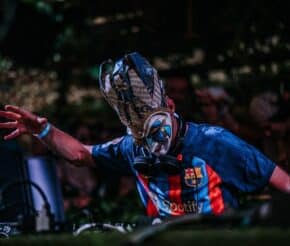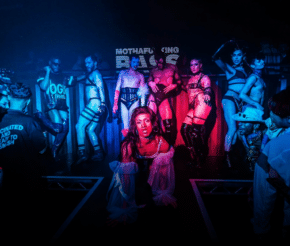- Advertise
-
Subscribe
All About Long Island Iced Tea
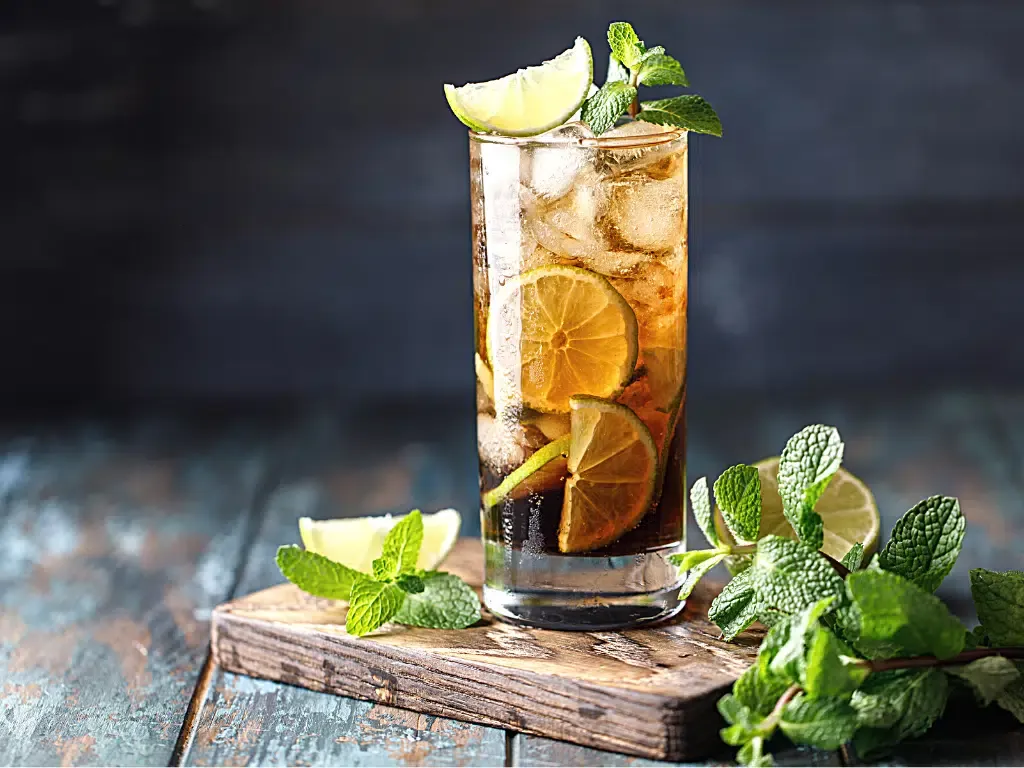
With approximately double the alcohol content of your classic spirit and mixer combo, the Long Island Iced Tea is a budget-friendly way to get yourself drunk off a single beverage.
It tastes pretty good too – which always helps.
But look a bit beyond the distinctive flavour and lethal percentage, there’s a lot more about the Long Island Iced Tea that remains hidden under wraps.
We’re here to unearth the story behind this 70’s classic.
History
Considering the drink’s global stardom, it’s unsurprising that so many people have stepped up to claim the recipe as their own.
There are more than a few stories in circulation about the rightful creator of the Long Island Iced Tea – though two are more widely accepted than most.
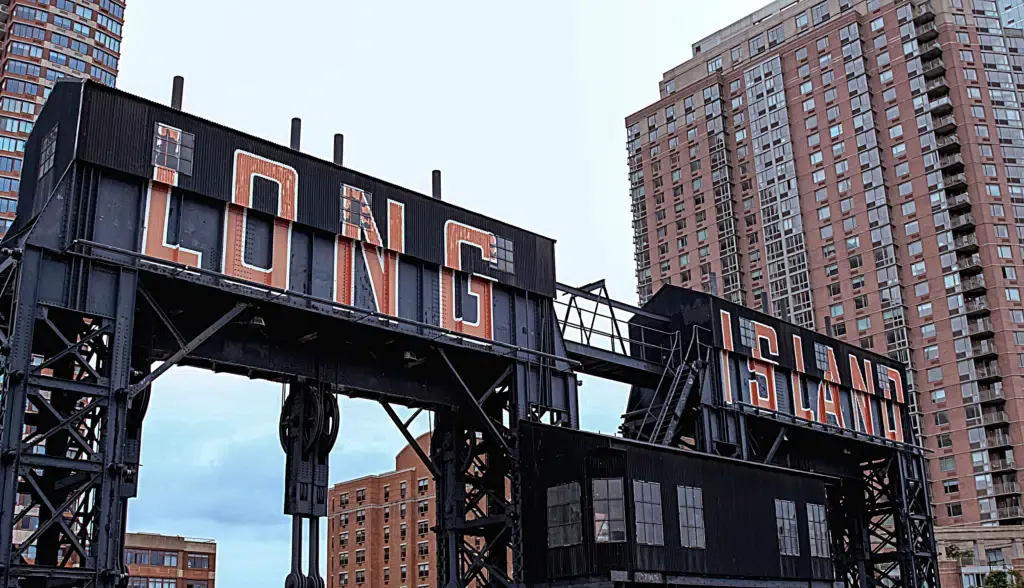
The first claims that the tipple was invented during the prohibition era in the US by a bartender known as ‘Old Man Bishop’. His son Ransom supposedly perfected the recipe, which differed from the one we know and love today thanks to its varying portions of five spirits coupled with sweet maple syrup.
The other broadly accepted tale begins in Long Island, New York, in 1972, with a bartender named Robert ‘Rosebud’ Butt. He claims that the cocktail was invented as an entry to a cocktail-making contest which asked that entrants include triple sec as an ingredient (though it’s actually one of the tipple’s least recognisable elements).
Butt made a website to back up his claim, if that helps you reach a decision about which of these folk tales you believe.
Although, with an alcohol content that strong, perhaps it’s fitting that people can’t seem to remember the exact details of where the drink hails from.
Hall of fame
Wherever it came from, the drink’s fame is undisputed.
Throughout the 1970’s it became a staple on bar menus across the US, finally making it transatlantic in the 80’s, when it gained its global stardom.
Given its solidified spot in worldwide drinking culture, the Long Island Iced Tea has had a whole host of on-screen appearances, arriving whenever the script writers think it’s time for a character to get drunk and disorderly.
The intoxicating effects of the tipple have been famously felt by Marge Simpson (from The Simpsons), Cecile Caldwell (from Cruel Intentions), Markie Post (from Night Court), and Donna (from That 70’s Show) – to name a few.
What’s in it?
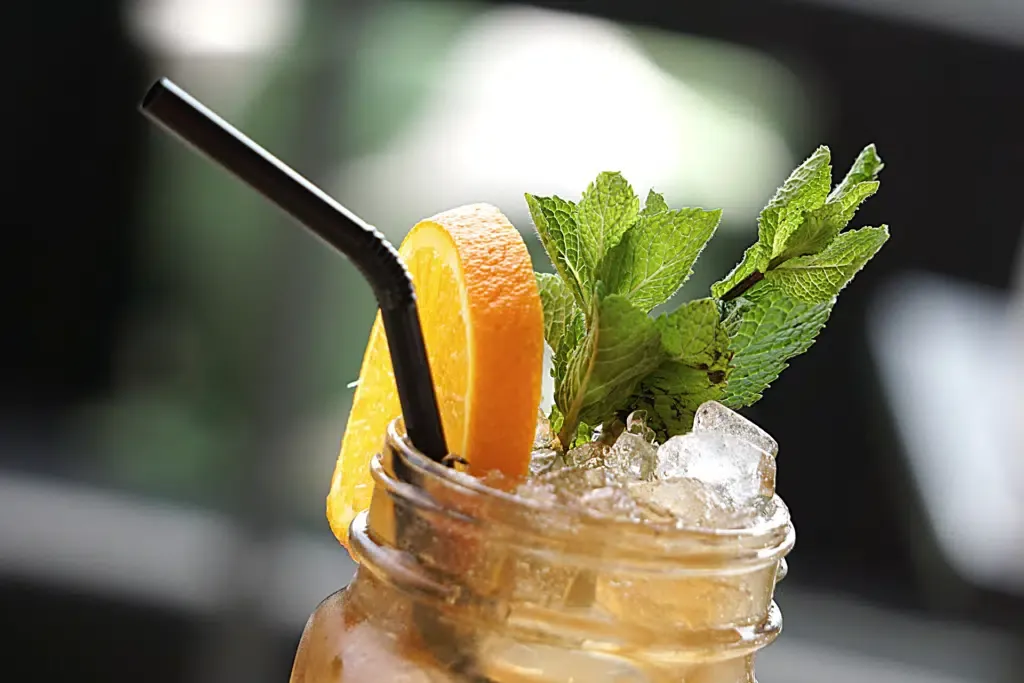
What makes the Long Island Iced Tea such a one-of-a-kind cocktail is a simple (but dangerous) fact: you can’t taste what’s in it.
Made correctly, the drink contains four equal servings of spirits, raising its alcohol percentage to a hefty 22%, which is nearly double that of most wines.
If you fancy trying it for yourself, here’s the Rosebud-recommended recipe:
2 cups ice cubes
1 part vodka
1 part gin
1 part white rum
1 part white tequila
1/2 part triple sec
1/2 part sour mix
1 splash Coke
lemon wedges for garnish
Although Rosebud doesn’t mention it, mint leaves are also commonly served with the cocktail to give it a refreshing aftertaste.
How it’s served
The Long Island Iced Tea comes in a highball glass – a long, standard tumbler that contains between 240-350ml.
Named after its resemblance to regular iced tea, the Long Island version is served just like it – with refreshing chopped fruit and lashings of ice (cubed, not crushed).
Sliced citrus fruits are your best bet as far as garnishes go, offering a sour kick to an otherwise sickly-sweet beverage.
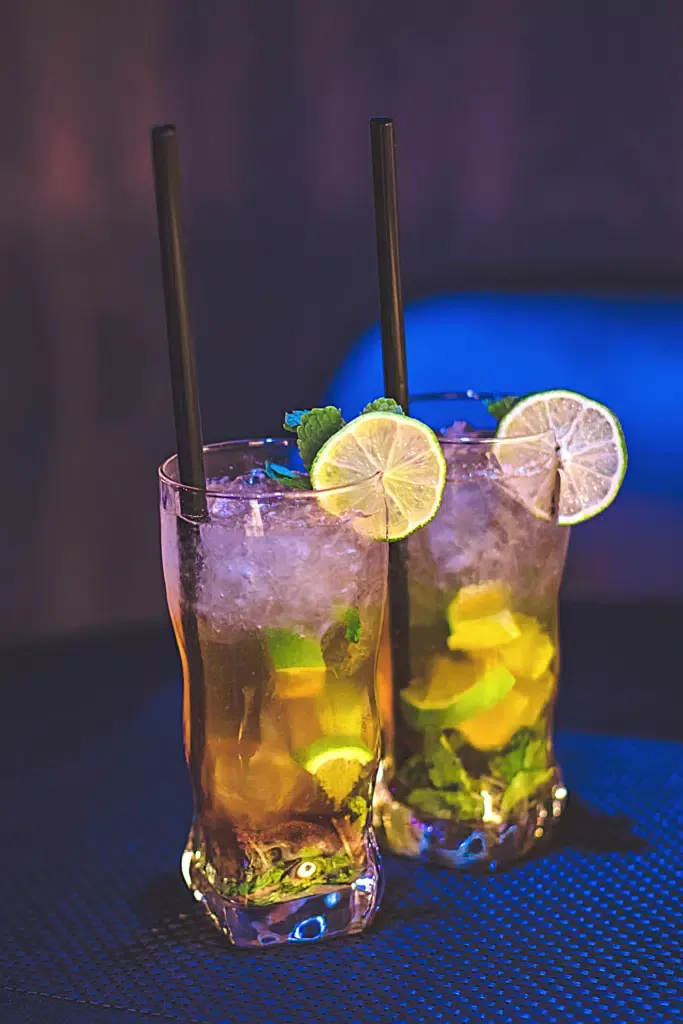
Variants
Known for its lethal alcohol content, the Long Island has served as an inspiration for bartenders everywhere trying to balance out booze factor with deliciously deceiving flavour combinations.
‘The Grateful Dead’ uses the same recipe as the Long Island but substitutes triple sec for Chambord and Coca Cola for Sprite, making for a sweeter tipple.
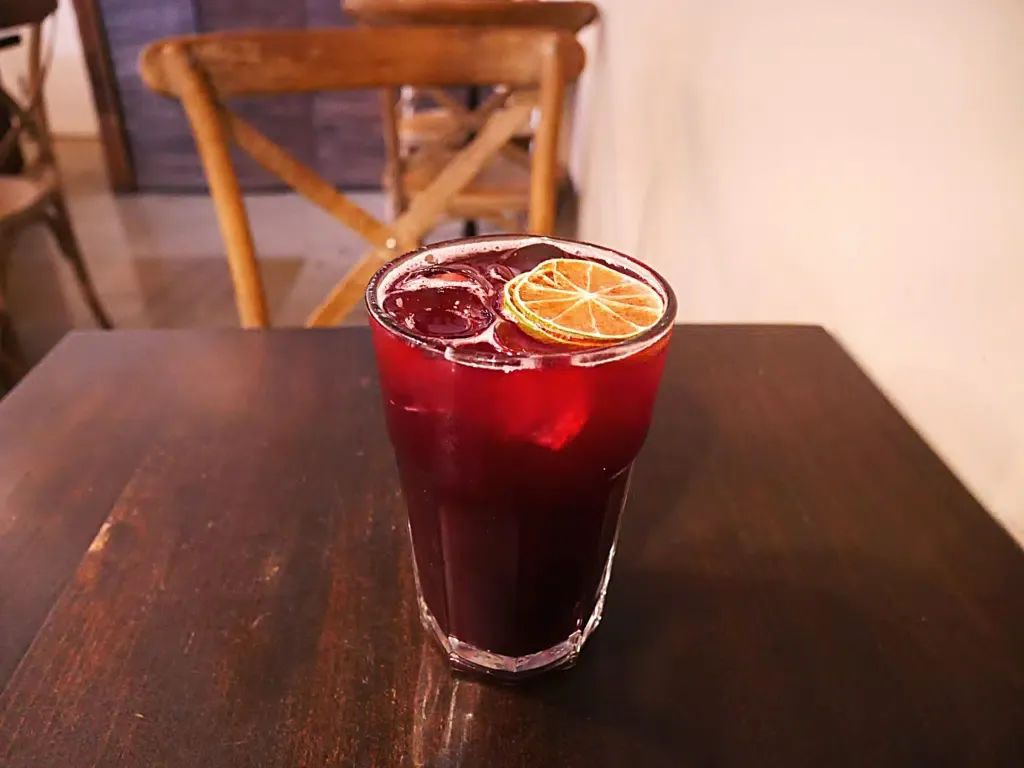
If you’d rather a more refreshing version of the drink, try a ‘Long Island Beach Tea’, which subs out the Coca Cola for cranberry juice for a fruitier twist.
Do it yourself
The classic version doesn’t require a great deal of prep time, though it does have a longer shopping list than its less boozy counterparts.
Buying four different spirits (five if you count the triple sec) plus mixer doesn’t sound cheap, but a handy tip for making the perfect Long Island is to buy inexpensive alcohols with muted tastes – the more flavourless the better.
Your fancy gin isn’t going to shine through when there are other strong flavoured spirits in the mix. In fact, it might actually make the drink taste worse because it’s meant to about masking the booze, not showcasing it.
Save the Cotswolds Distillery stuff for a G&T and opt for a bottom shelf counterpart. Then, simply chuck the ingredients in a glass, stir and garnish with lemon, and watch as everyone around you suddenly seems interesting.
